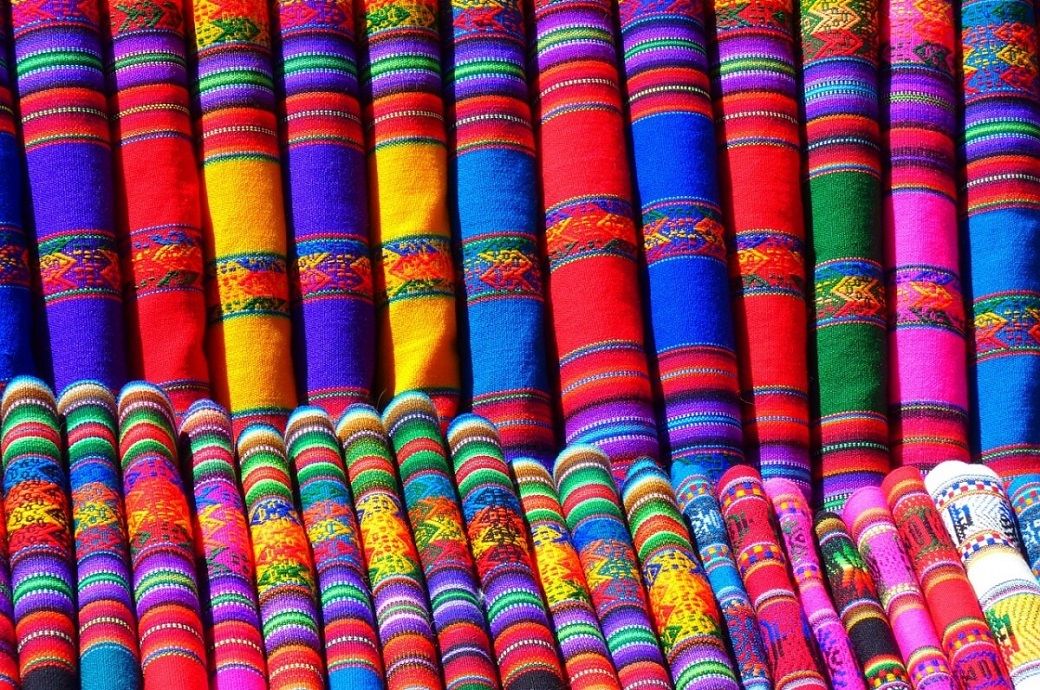
The short, subjective survey can be used across multiple sectors in industries, and in multiple supply chain tiers such as packaging, logistics, raw materials, and finishing—and suppliers are being encouraged to rate both their apparel and non-apparel customers. Suppliers beyond Tier 1 can also rate their buyer customers, whether that is a mill, a garment manufacturer, or other entity with whom they contract, Better Buying said in a press release.
Partnership scores are based on simple questions relating to areas aligned with Better Buying’s Five Principles of Responsible Purchasing—visibility, stability, time, financials, and shared responsibility. It takes just five minutes for suppliers to complete and, as with all of Better Buying’s surveys, is completely anonymous, meaning the business relationship between the supplier and the buyer is always protected.
Dr Marsha Dickson, president and co-founder of Better Buying Institute, encourages non-subscribing brands and retailers to share the survey link with their suppliers, and invite them to rate their purchasing practices, because they will learn a lot if they are rated by enough suppliers and choose to buy a report.
Dr Dickson said: “Now, more than ever, as the industry continues to recover from the aftershocks of COVID-19, brands and retailers need to build True Partnerships with their suppliers, based on strong communication and good business practices. And make sure that the quality of the partnerships isn’t just a nice feeling held by the brand or retailer but is backed up by evidence that suppliers believe the same.
“Research published by Better Buying earlier this year confirmed the connection between poor purchasing practices on the part of brands and retailers and factory-level non-compliances. Brands and retailers that are collecting this data will be better prepared in relation to complying with existing and forthcoming HREDD legislation, because they will be asking the right questions within their supply chains to determine how their own behaviours are impacting human rights. We would encourage any company that receives at least 5 BBPI supplier ratings to purchase an individual company report, so they can compare their performance against the industry benchmark, and gain valuable insights into where they need to focus their improvement efforts.”
The BBPI provides the purchasing practices metric for The Industry We Want, a multi-stakeholder initiative, led by Fair Wear, Ethical Trading Initiative (ETI), and the Sustainable Apparel Coalition, dedicated to driving industry-wide progress on key issues across the garment and footwear sector. Fair Wear and the ETI were the first multi-stakeholder initiatives to publicly disclose their BBPI scores and reports in an effort to increase commercial transparency in the sector.
“The Better Buying Partnership Index results are important for The Industry We Want as they contribute to our Industry Score on Purchasing practices. This tool, a widely accessible and anonymous survey, allows suppliers to provide groundwork feedback on their experiences with brand partners. Collaboration is key in our journey to foster equal partnerships in an industry characterised by uneven power relations. We need the voices of suppliers, as they play a pivotal role in collective change and building an ethical and sustainable industry,” commented Margreet Vrieling, associate director, Fair Wear.
Fibre2Fashion News Desk (NB)